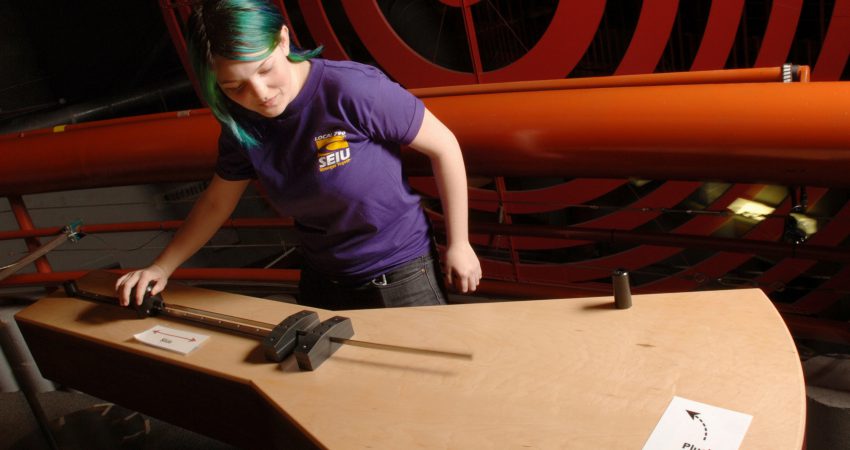
By Bronwyn Bevan - May 2011
PAPER CITATION
Lemke, J. L. (2001). Articulating communities: Sociocultural perspectives on science education. Journal of Research in Science Teaching, 38(3), 296–316.
WHY IT MATTERS TO YOU
There is an important opportunity, perhaps especially in informal settings, to present science as a more social and cultural endeavor and to engage learners with science by employing learners’ own experiences, concerns, and communities.
In this seminal paper, the researcher posits sociocultural perspectives as a useful theoretical and methodological lens for examining science education. Adopting sociocultural perspectives on science education means that first, understanding teaching and learning of science needs to include understanding how social experiences and interactions underpin and shape teaching and learning of science. The author claims that attention to the role of affect and identity, as well as social communities, modeling and mentoring, are vital, that science itself should be seen as a social and cultural endeavor, and that sociocultural perspectives add the dimension of time and scale to understanding how people come to know, do, and be across time and settings.
The researcher notes that in the late 70s, studies of science education diverged along the lines of cognitive versus sociocultural perspectives. Piagetian-informed views of children as natural scientists developing their understanding of the world through direct experiences, were revised to take into account the ways that culture shaped children’s actions, language, questions, and understandings. This sociocultural turn made complex our understanding of how people learn by taking into consideration power relationships and characteristics such as age, class, gender, sexuality, language, and cultural background. It also paid special attention to the ways in which different communities and sub-communities use language to represent concepts, scripts, and ways of acting (or schema). For example, how children come to know and use scientific terms and ways of representing understanding.
This paper lists bodies of research taking sociocultural perspectives, including work on science classroom discourse, and science learning for non-dominant communities. The researcher cites one of his earlier studies (see below) to show how analysis of discourse in the science classroom revealed the extent to which teachers’ and students’ negotiation of their social identities and relationships related deeply and directly to the development of scientific understanding. But the study also shows that many aspects of science education remain unexamined, and emphasizes that the classroom largely remains organized for a generic learner, not structured to support diversity and variation among learners. Furthermore, it fails to take in-depth account of the physical, emotional, and cultural needs of all the participants in the classroom. The paper concludes with the observation that if science is presented as a purely logical, rationale, and universal subject, it will not reflect the complex, personal, emotional, and changeable nature of student’s lived experiences. “We must also stop and consider whether we are, perhaps unnecessarily, making the price of admission to science the rejection of other essential components of students’ identities and values, the bonds that link them to other communities and cultures. We cannot afford to continue to believe that our doors are wide open, that admission is equally free to all, that the only price we ask is hard work and logical thinking. We need to understand how the price is reckoned from their side of the differences that separate us.”
The study Lemke cites is: Lemke, J.L. (1990). Talking science: language, learning, and values. Norwood, NJ: Ablex Publishing. Studies that have adopted sociocultural approaches that are found in this website include Rosebery, A. S., Ogonowski, M., DiSchino, M., & Warren, B. (2010). "The coat traps all your body heat": Heterogeneity as fundamental to learning. Journal of the Learning Sciences, 19(3), 322–357 and Barton, A. C., & Tan, E. (2010). "We be burnin!": Agency, identity, and science learning. Journal of the Learning Sciences, 19(2), 187–229.




